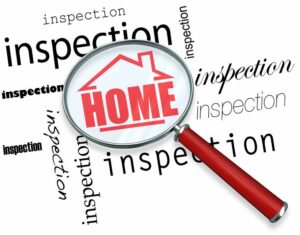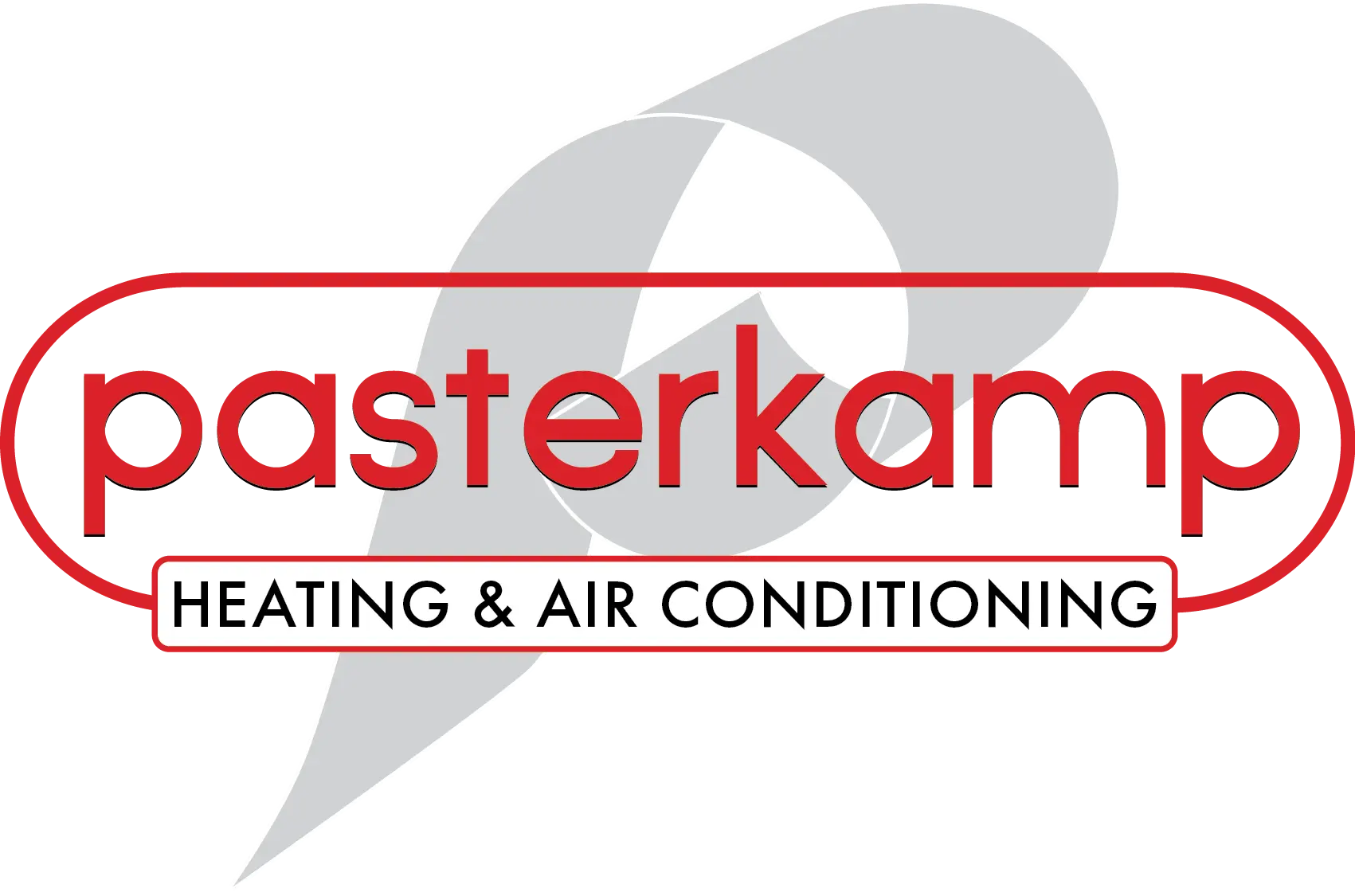
Winter becomes inevitable as the days grow shorter and temperatures drop lower. The desire for a warm home with hot cocoa by your side while admiring snowflakes outside is undeniable – but are you prepared? A broken-down furnace during this time can be unbearably frigid; hence, scheduling regular inspections with Pasterkamp Heating & Air Conditioning should not be overlooked! This article will highlight how crucial it is to have professionals examine your heating system before Jack Frost arrives at your doorstep.
The harshness of winters demands that we take proactive measures towards ensuring comfort within our homes or workplaces- especially when dealing with extreme weather conditions such as blizzards, ice storms, etc. One way to achieve this goal is by adequately maintaining essential equipment like HVAC systems (Heating, Ventilation, And Cooling), which includes regularly inspecting them. Hence, they remain functional throughout these challenging times without any hiccups!
Therefore, it is highly recommended that homeowners/business owners schedule routine checkups with trustworthy companies like Pasterkamp Heating & Air Conditioning, who possess expertise in handling all types of heating systems efficiently and effectively- thereby providing peace of mind knowing everything is working smoothly even under adverse circumstances! So don’t delay any further- contact us today to book an appointment for comprehensive inspection services explicitly tailored according to individual needs! Remember, prevention is always better than cure- especially when keeping oneself comfortable during cold spells!
1. Safety Comes First
The importance of scheduling regular inspections for your furnace cannot be overstated. A malfunctioning unit can release deadly carbon monoxide into the air without warning signs or odors, making it difficult to detect until it’s too late. By enlisting professional help inspecting and maintaining this system, you’ll have peace of mind, knowing that no hidden dangers lurk. Don’t take chances with something so critical – schedule an appointment today!
The saying “A stitch in time saves nine” holds true regarding car maintenance. Regular checkups can help identify minor issues before they escalate into major repairs that could cost you dearly. It’s like going for a dental examination; catching an early cavity is better than waiting until it’s too late and needing root canal treatment!
2. Energy Bill Savings
Your furnace’s efficiency can significantly impact energy consumption and ultimately affect the amount you pay for utilities. By enhancing its performance through various measures such as regular maintenance or upgrading equipment when necessary, homeowners like yourself can enjoy substantial savings in their monthly bills without compromising comfort levels inside their homes during cold weather seasons. This is because less work means lower power usage, which reduces costs over time. Don’t miss out on this opportunity to save money while keeping warm!
3. Longer Equipment Lifespan
Routine inspections and prompt repairs can significantly extend the lifespan of your furnace. Just like servicing your car regularly is crucial for its longevity neglecting this critical step concerning your heating system could result in costly consequences. Don’t take any chances when it comes to maintenance – prioritize safety and efficiency by scheduling regular checkups today!
4. Assuring Uninterrupted Warmth
The primary function of a furnace is to keep you warm during cold weather. Ensuring it’s in top condition before winter begins, you can avoid unexpected breakdowns and stay comfortable throughout the season. Don’t neglect this critical step!
5. Peace of Mind
The assurance that professionals have given your furnace their approval brings about a sense of relief. It’s worth its weight in gold to be free from worrying thoughts. You can rest easy knowing everything is taken care of.
Are you aware that certain furnace warranties necessitate regular maintenance? Make sure to consider your guarantee by paying attention to an inspection.
Keeping your furnace in good condition is not only beneficial for you but also contributes positively towards protecting our planet. By reducing emissions and optimizing performance levels, we can all do our part to preserve Mother Earth’s health.
Avoiding the Rush Hour
As winter draws nearer, HVAC professionals become inundated with requests. Why join the fray when you can be one step ahead?
Pasterkamp Heating & Air Conditioning – Expertise
When it comes to your home, you deserve nothing but the best. That’s why Pasterkamp is an obvious choice for many people like yourself who value quality workmanship and exceptional service delivery from their contractors. With years of experience and a wide range of services offered by skilled professionals at competitive rates – it’s no wonder that they have earned such high accolades among discerning customers looking for excellence in all aspects of home improvement projects! So please don’t settle for anything less than what you truly desire when it comes time for renovations or repairs around your abode; go straight ahead and contact the Pasterkamp team today!
1. Proven Track Record
Pasterkamp has been serving customers for years, and their dedication to quality service is evident in the positive reviews they receive. The loyalty of their clientele speaks volumes about how much people appreciate what this business offers.
Expertise and state-of-the-art tools? That’s a winning combination.
2. Customer-Centric Approach
Pasterkamp places great importance on its customers and ensures that they receive prompt and efficient services consistently. The company’s commitment to excellence is unwavering.
Conclusion
As winter approaches us, it brings joyous festivities and warmth. To ensure that your home remains a cozy haven throughout this season, schedule an inspection of your furnace with Pasterkamp Heating & Air Conditioning today! By doing so, you’ll guarantee the safety and efficiency of your heater and experience peacefulness during these chilly months ahead. So why wait? Embrace winter confidently by scheduling an appointment now!
To ensure optimal performance and safety during the colder months, it is essential to schedule an annual inspection for your furnace. The best time is before winter arrives so that any issues can be addressed promptly. Don’t delay – make this vital appointment today!
If you suspect your furnace is malfunctioning, there are several signs to look out for. These include unusual noises, frequent cycling, and increased energy bills. Don’t ignore these warning signals – take action now!
While you can conduct basic checks on your furnace, it is best left to professionals like Pasterkamp for a comprehensive inspection. Don’t risk compromising the safety and efficiency of this important household appliance by attempting repairs or maintenance without proper training or equipment. Trust in our expertise instead!
Inspecting a furnace usually takes one to two hours, depending on its current state. The time required for this process can vary based on the level of wear and tear that has occurred over time. It is essential to prioritize regular maintenance checks to avoid any unexpected breakdowns or repairs later down the line.
The inspection cost may seem significant initially, but it’s worth it in the long run. By investing a small amount now, you can save on future expenses while ensuring your safety and peace of mind are never compromised. Don’t let this opportunity pass by! Make an informed decision today that will benefit yourself and those around you for years. Contact us today!
